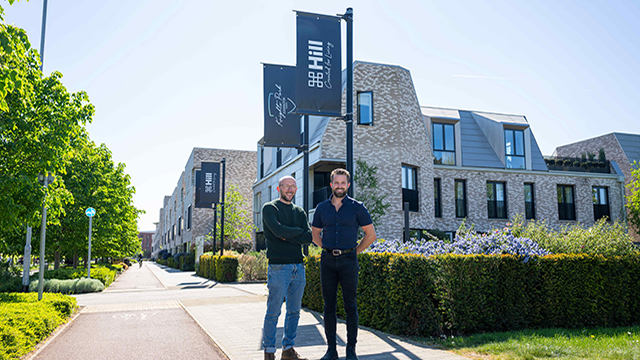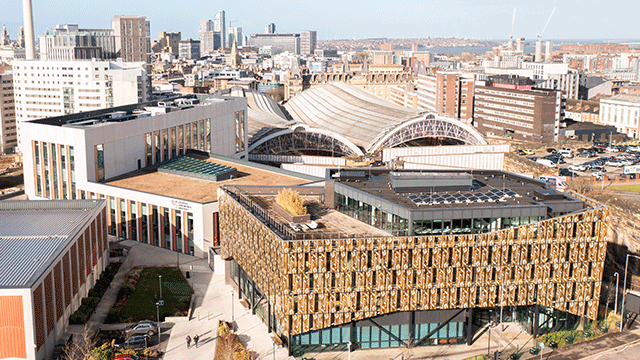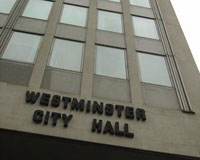Westminster city council has triumphed on appeal in a challenge to a planning inspector’s finding that no material change of use had occurred in a Paddington hotel being used in part as a hostel.
Richards LJ ruled that an inspector’s rejection of claims of a mixed use of the Equity Point London Paddington Hotel at 100–102 Westbourne Terrace, London W2 was “legally flawed”.
He ordered the case to be remitted to the communities secretary for redetermination.
Last April, Supperstone J had upheld the inspector’s decision to allow the Equity Point chain’s appeal against an enforcement notice alleging an unlawful change of use.
He found that the inspector properly considered the facts and the character of the use and had been entitled to find that there had not been a change of use, despite considering that there had been an element of hostel use at the premises.
However, Richards LJ today found that what the inspector had done was to ask herself whether one part of the premises was in exclusive use as a hotel and another part as a hostel, but that that was not the way the council had advanced its case.
He said: “It is true that the council was pointing to the way the dormitories were used as showing hostel use, and to the use of the two-person and three-person rooms as showing hotel use, but its case was that, taking all the relevant factors together, there was a composite or mixed hotel and hostel use of the premises as a whole. Nor was the case so lacking in clarity or so confused as to justify the inspector in thinking that it was a case about exclusive use of parts of the premises for hotel and hostel purposes respectively.
“The inspector misled herself in treating it as such.”
He added: “On the face of it, it was an error of law to address the matter by reference to whether part of the premises was in exclusive use as a hotel and part in exclusive use as a hostel. As I have said, it is accepted on behalf of the Secretary of State that a mixed use can subsist where the different elements are not associated with particular parts of the premises.
“If the inspector had not fallen into that error, it is difficult to see how, in the light of her findings of fact, she could reasonably have reached any conclusion other than that there was a mixed hotel and hostel use as alleged.”
In addition, he said that the inspector had failed to have regard to a material consideration, namely the off-site effects of the mixed use on residential amenity, particularly from additional noise and disturbance.
Westminster argued that there had been a material change of use from a hotel to mixed use as a hotel and hostel, as a majority of the rooms were or could be used as dormitories with shared facilities and about 13% of bookings were for individual beds, with the majority of customers young people.
It said that the introduction of bunk beds, shared facilities, very low levels of servicing and other characteristics attracted the youth hostel market to the hotel, giving rise to a significant increase in the number of guests and leading to unacceptable noise levels impacting on neighbouring residents, which had led to it receiving a large number of complaints.
The inspector had found that, while there were some elements of hostel use, no part of the building was used exclusively as a hostel or as a hotel.
Westminster City Council v Secretary of State for Communities and Local Government Court of Appeal (Longmore, Richards and Gloster LJJ) 19 May 2015
Saira Kabir Sheikh QC (instructed by Westminster City Council) for the appellant
Cain Ormondroyd (instructed by the Treasury Solicitor) for the first respondent
Alex Goodman (instructed by Oriol Badia) for the second respondent
Richard Turney (instructed by Public Access Scheme) for the interested party








